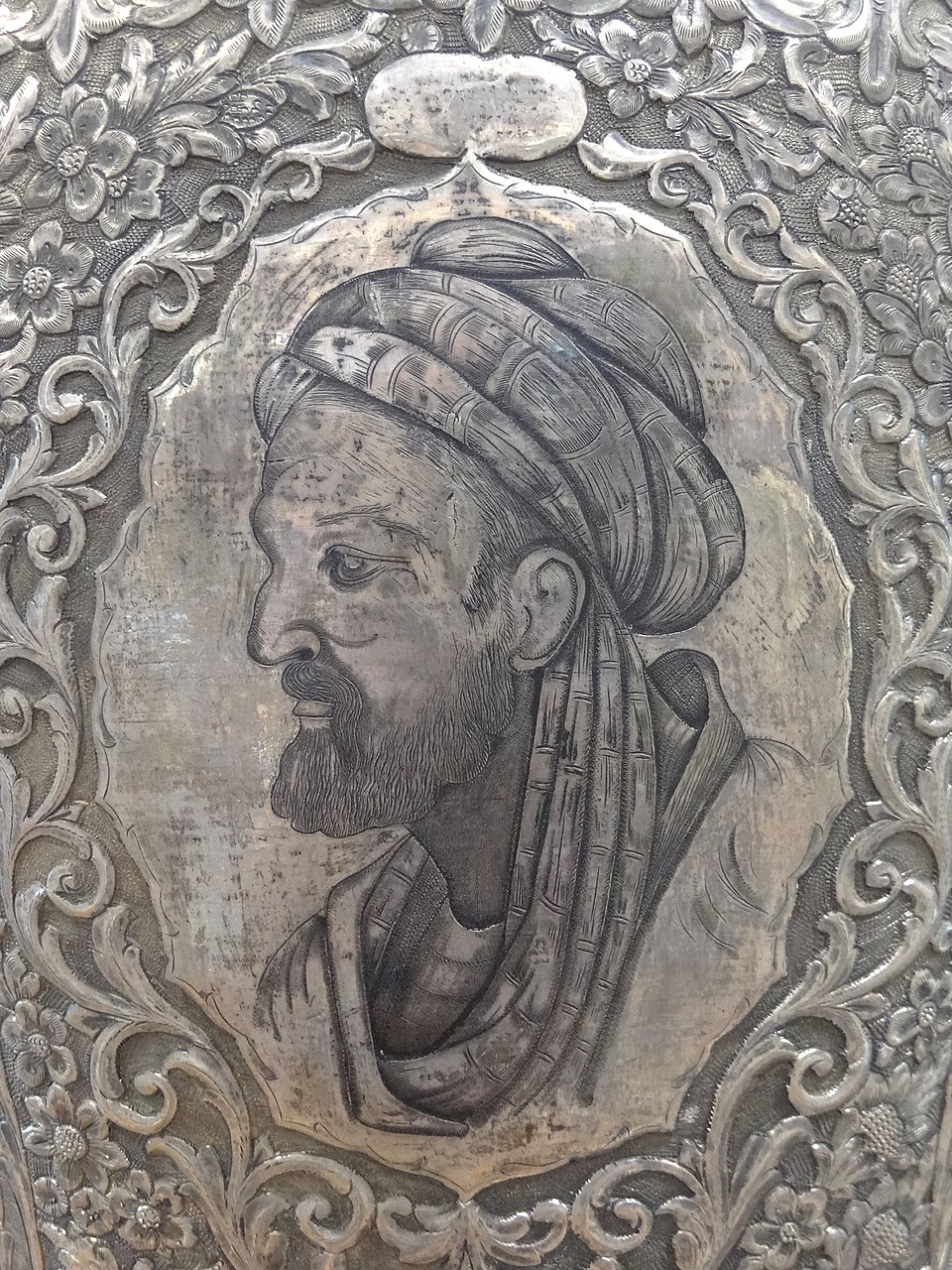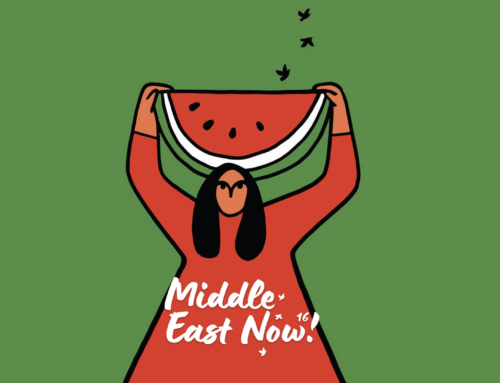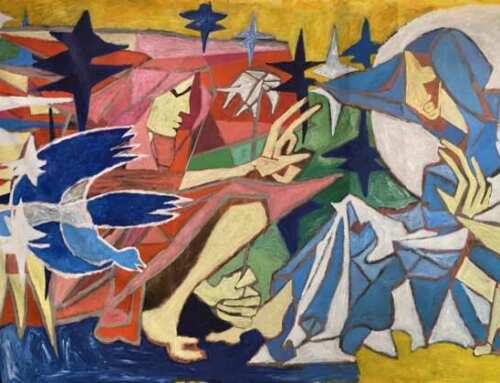Pubblicato il 13 Maggio 2025
Avicenna, a pioneering holistic doctor relating food and emotions
di Melissa Pignatelli

The scientist and philosopher known in the west as a practicing doctor Avicenna, was born in 980 as Ali Sina in a town of the muslim conquered Persian empire, Bukhara, a merchant urban dwelling still existing in present-day Uzbekistan. His legendary story tells us that he was skilled in arithmetic, had learned the Holy Qu’ran by heart at an early age, knew poetry, music and natural sciences since his adolescence and is regarded as one of the most complete and versatile minds of the whole Islamic tradition.
Avicenna’s most important legacy to the contemporary world is certainly a conception of medicine where he drew from the most ancient, millenary knowledge of Chinese, Indian and Greek medical traditions to compose his writings, the most famous being The Canon of Medicine that remained in use until modern times. The Canon made Avicenna “the father of modern medicine”, and its principles are still taught in different universities around the world.
Avicenna’s medicine understood that one’s health maintenance is based on four temperaments, air, water, fire and earth, and how they flow in our bodies is a result of how we perceive and relate to the outside world. Avicenna’s understanding of good health is thus the result of a composite array of traits that range from landscape to words, from friends to family, from sexual life to eating habits, from sleep to physical activity, from where we live to what spiritual life we have. “Material causes” and the subject’s “temperament” relate and affect the “vital and psychic faculty”. While the details of this functioning are complex, a popular middle eastern understanding has divided food, emotions and evident symptoms in hot and cold.
Relating what we feel to what we eat, Samira Ardalan has tried to bring all this knowledge toghether in a practical cookbook called Avicenna’s cuisine. “Reading this book can help you improve your social, mental, physical, emotional and spiritual overall health by determining your temperament through a Temperament Test, and then matching you with the correct temperament of foods you should be eating for your particular nature to maintain balance” (Kazi publications, 2015).
In medicine, Avicenna has observed the close relationship between emotions and health, and has been a pioneer in analizing all the relationships in which a body is entangled to understand and contextualise the symptoms – when they appear – in a wider frame. In his view, illness or disease is not when a symptom is manifest but when an intimate state of wellbeing is lost.
Avicenna has managed to reconcile dogma and intuition, faith and rationality, a poetic sense of the divine and logic, tradition and modernity in a wealth of writings that can still inspire contemporary holistic and integrated medicine.
Melissa Pignatelli
Avicenna Portrait on Silver Vase – Museum at Abu Ali Sina (Avicenna) Mausoleum – Hamadan – Western Iran by Adam Jones 2012, CC-BY, WikimediaCommons












Rivista di Antropologia Culturale, Etnografia e Sociologia dal 2011 – Appunti critici & costruttivi